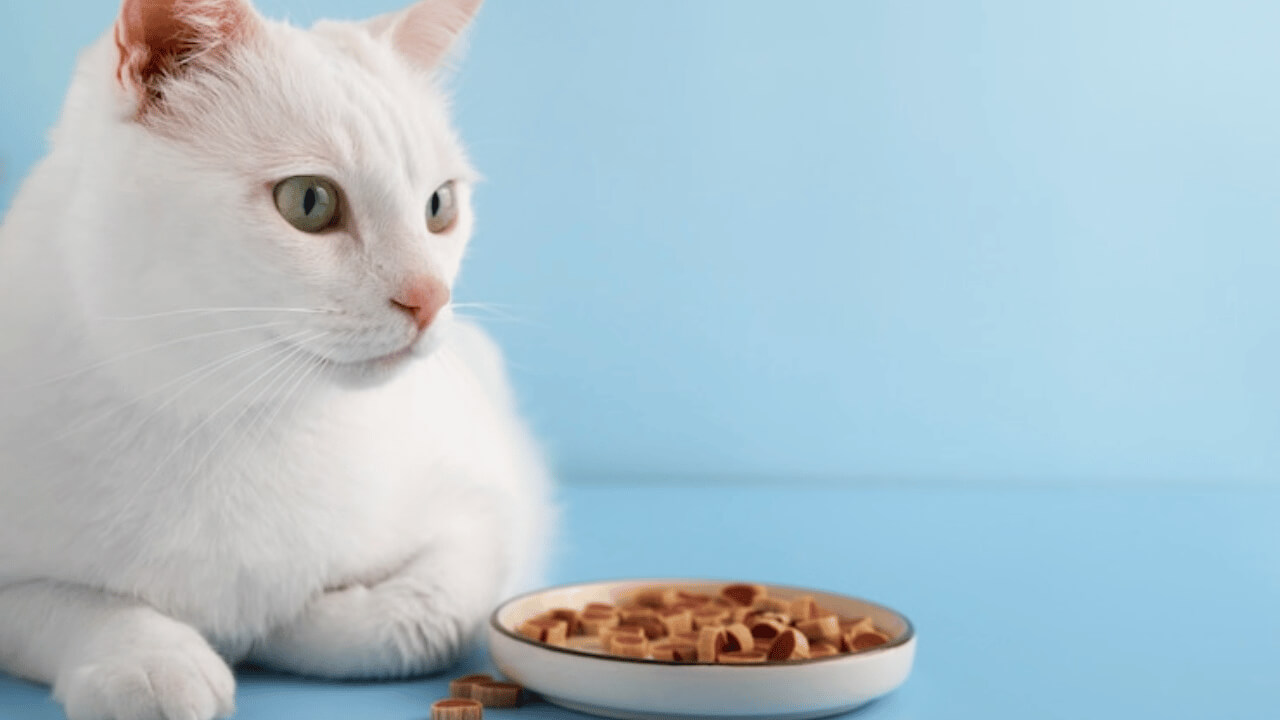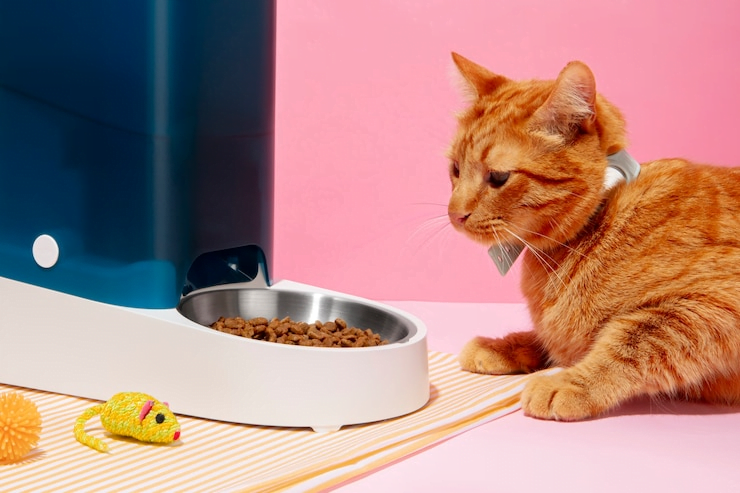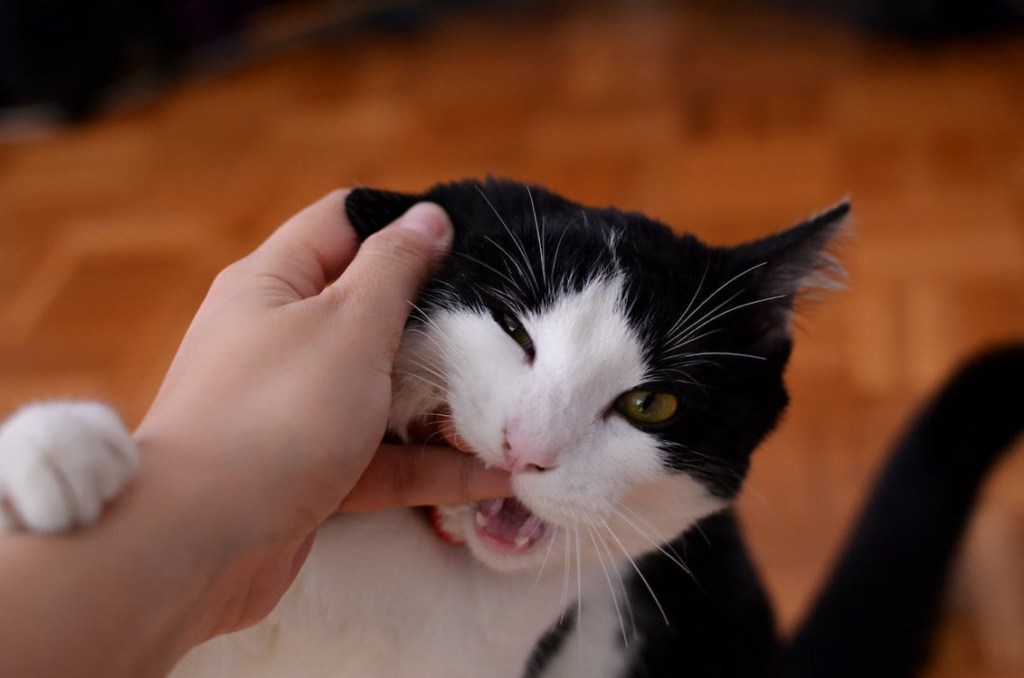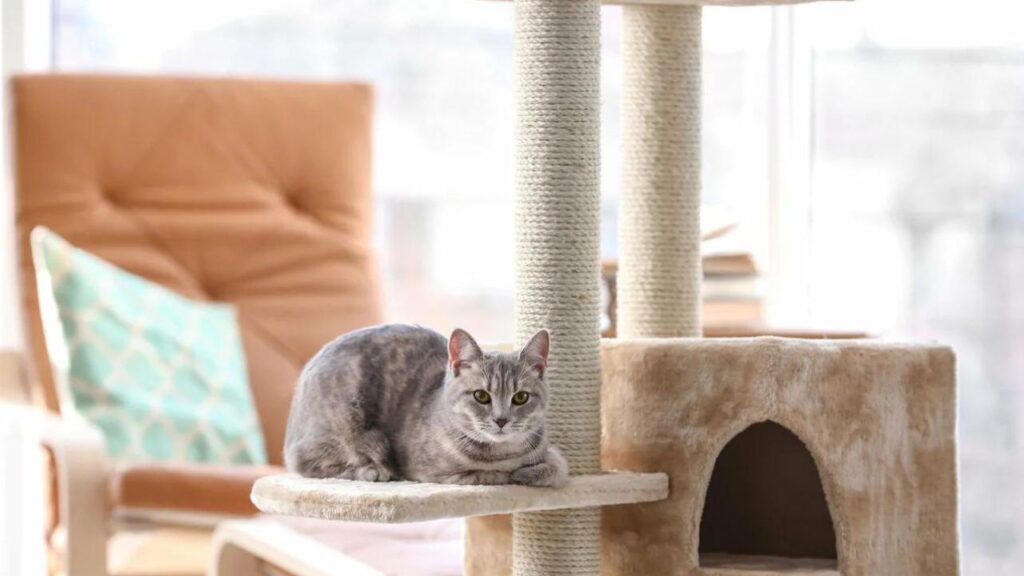
Introduction
Exploring the question, “Are calla lilies poisonous to cats?” Ensuring the safety of our pets at home is absolutely essential for pet owners who deeply cherish their furry companions and want to provide a nurturing and secure environment. Calla lilies (Zantedeschia spp.) are stunning, but their toxicity to cats poses a significant risk. In this article, we’ll delve into the potential dangers of calla lilies, signs of poisoning in cats, and essential precautions to safeguard your furry companions.
What Makes Calla Lilies Unique?
Before we delve into their potential dangers, let’s appreciate what makes calla lilies special. These flowers, scientifically known as Zantedeschia, boast a sleek, trumpet-shaped appearance and come in various colors like white, pink, yellow, and even deep purple. They symbolize purity and magnificence, often used in weddings and special events for their graceful allure.
Are Calla Lilies Poisonous to Cats?
The short answer: yes, calla lilies are toxic to cats. Every part of the plant, including the leaves, stems, and flowers, contains substances that can harm our feline companions if ingested. The toxic components in calla lilies can lead to severe health issues in cats, so it’s crucial to keep these flowers out of reach if you have a curious kitty at home.
Understanding Toxicity in Plants
Plants can be beautiful additions to our homes, but not all are safe for our pets. Calla lilies (Zantedeschia aethiopica) contain calcium oxalate crystals, which are toxic to cats when ingested. These crystals can cause irritation and burning sensations in the mouth, tongue, and throat of cats.
Specific Risks to Cats
Cats are naturally curious creatures and may nibble on plants out of curiosity. Unfortunately, if a cat ingests parts of a calla lily, it can lead to serious health complications. The toxic effects can range from mild oral irritation to more severe symptoms like difficulty swallowing, excessive drooling, vomiting, and even difficulty breathing.
Symptoms of Calla Lily Poisoning
It’s crucial for cat owners to recognize the signs of calla lily poisoning to seek prompt veterinary care. Common symptoms include:
Oral irritation (excessive drooling, pawing at the mouth)
-
Vomiting
-
Difficulty swallowing
-
Labored breathing
-
Lethargy
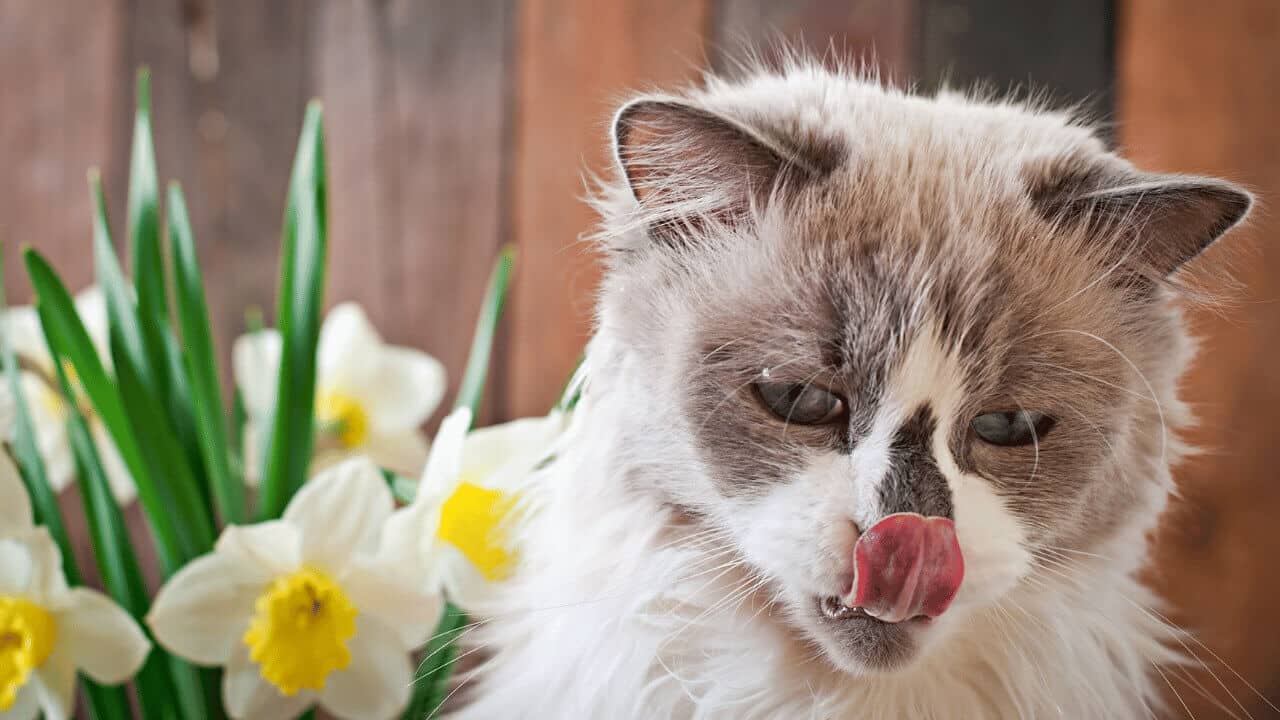
If you suspect your cat has ingested any part of a calla lily and displays these symptoms, contact your veterinarian immediately.
Immediate Actions to Take
If you catch your cat in the act of chewing on a calla lily or suspect recent ingestion, take the following steps:
-
Remove any remaining plant material from your cat’s mouth.
-
Rinse your cat’s mouth with water to help reduce irritation.
-
Monitor your cat closely for any signs of distress or worsening symptoms.
Treatment for Pet Poisoning
Seeking prompt veterinary care is crucial if your cat shows signs of calla lily poisoning. Treatment may include:
- Inducing vomiting to remove any remaining toxins
- Administering activated charcoal to absorb toxins
- Providing supportive care such as intravenous fluids and medications to alleviate symptoms
Preventive Measures
To keep your cats safe from calla lily toxicity and other plant-related dangers, consider the following preventive measures:
.Choose pet-friendly plants: Opt for cat-safe flowers and houseplants.
.Keep plants out of reach: Place toxic plants in areas inaccessible to your pets.
.Educate yourself: Learn to identify toxic plants commonly found in homes.
Alternatives to Calla Lilies
If you’re a cat owner looking to add floral beauty to your home, consider these safe alternatives to calla lilies:
-
African violets
-
Orchids
-
Spider plants
-
Boston ferns
These alternatives are not only aesthetically pleasing but also safe for your feline friends.
Immediate Steps if Your Cat Ingests Lilies
If you suspect that your cat has ingested any part of a calla lily, don’t wait for symptoms to appear. Contact your veterinarian immediately. They may advise you to rinse your cat’s mouth with water (if safe to do so) and rush your pet to the clinic for further treatment.
Are Canna Lilies Safer for Cats?
Canna lilies (Canna indica) are often mistaken for calla lilies due to their similar appearance. However, canna lilies are considered less toxic to cats compared to calla lilies. While ingestion can still cause mild irritation, it’s less likely to result in severe poisoning. However, it’s vital to proceed with caution in all circumstances.
Precautions for Cat Owners
To keep your beloved feline safe:
-
Avoid having calla lilies in your home if you own cats.
-
Opt for cat-friendly plants like spider plants or African violets.
-
Place potentially toxic plants out of reach or in rooms inaccessible to your cat.
The cat ate Calla Lily’s leaves
I’m so sorry to hear that your cat ate Calla Lily leaves. It can be a frightening experience for any pet owner to discover that their beloved feline has ingested something potentially harmful. The worry and anxiety that follow are completely understandable.
Calla lilies contain substances that are toxic to cats, and ingesting even a small amount of these leaves can lead to various health issues. As a pet parent, seeing our cats in distress or facing a health scare is incredibly distressing. The immediate concern for their well-being and the urgency to seek help can stir up a whirlwind of emotions.
In such situations, it’s crucial to act swiftly. Contact your veterinarian right away for guidance and follow their instructions carefully. They can provide the necessary steps to help mitigate any potential harm caused by the ingestion of calla lily leaves. Your quick response and attention can make a significant difference in ensuring your cat’s safety and recovery. Remember, you’re not alone in this. Stay strong, stay vigilant, and prioritize your cat’s health above all else. Here’s hoping for a swift and complete recovery for your furry friend.
Conclusion
While calla lilies are exquisite flowers, they pose a significant risk to our feline companions. Pet owners need to be aware of the potential dangers and take proactive steps to ensure their cats’ safety by choosing pet-friendly plants and knowing the signs of plant toxicity.
FAQs
What should I do if my cat has eaten a calla lily?
If you suspect ingestion, contact your vet immediately. Quick action can save your cat’s life.
Are calla lily pollen and flowers toxic to cats?
Yes, both pollen and flowers contain toxic substances that can harm cats if ingested.
Can indoor calla lilies pose a risk to cats?
Indoor calla lilies are just as dangerous. Ensure all plants are placed securely out of reach.
How quickly does calla lily poisoning occur in cats?
Symptoms can appear within minutes to a few hours after ingestion.
Are there safer alternatives for cat-friendly gardens?
Yes, consider planting catnip, cat thyme, or wheatgrass instead.
Is it safe for cats to be around cut calla lilies?
No, even cut flowers can release toxins. Keep them away from curious cats.

